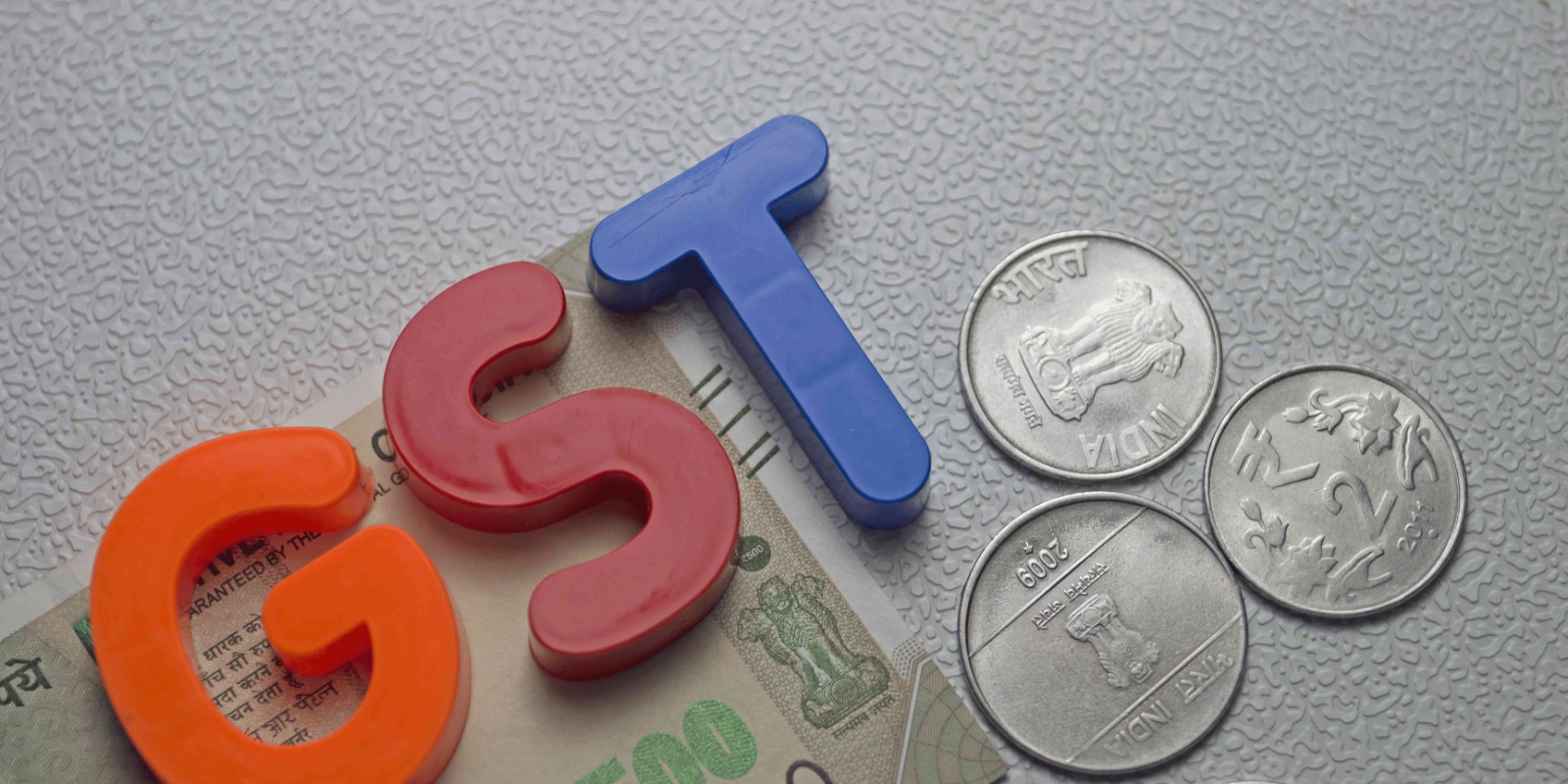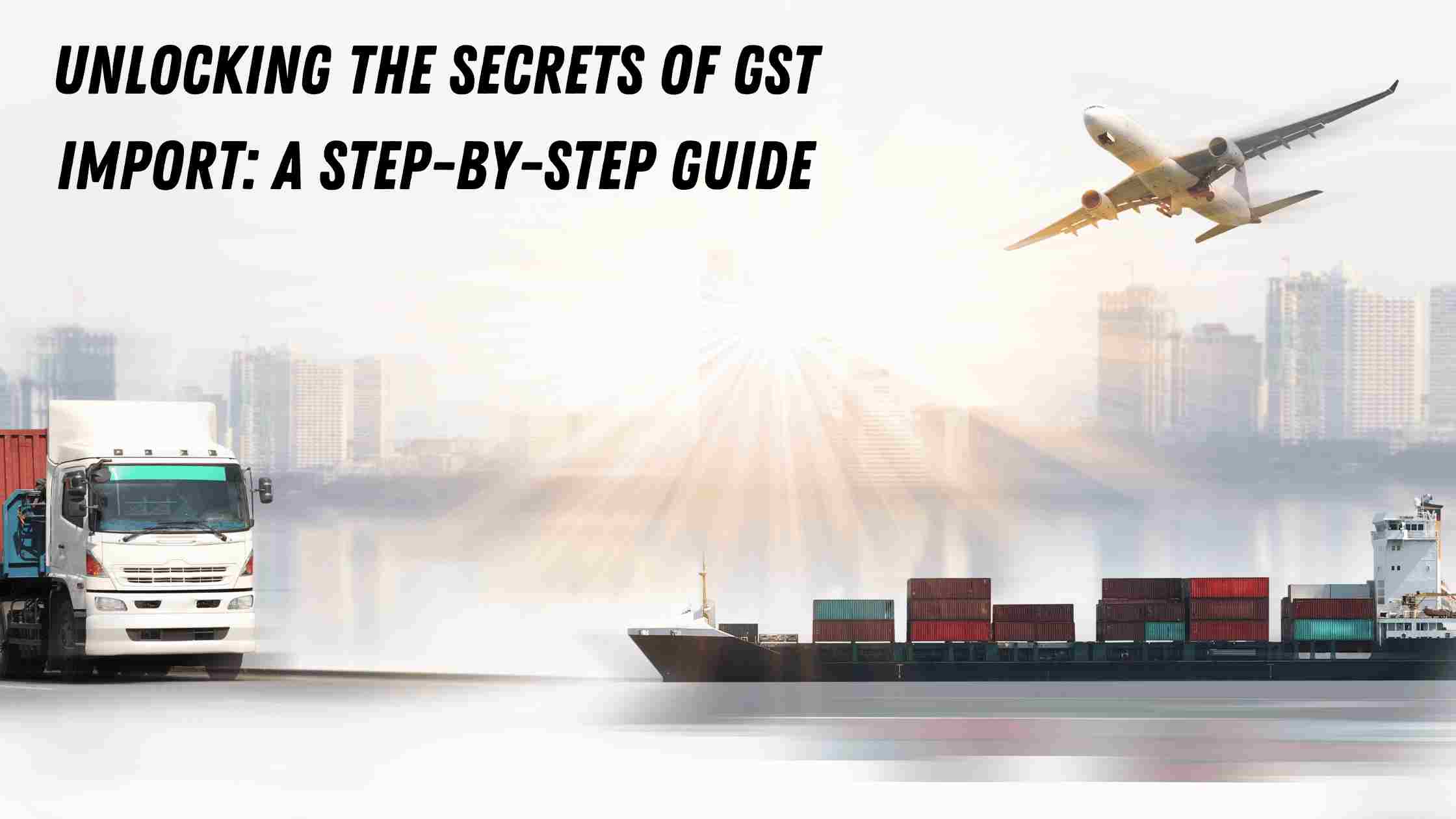A supply of goods or services whose place of supply is outside India and the taxpayer is in India. The supply is considered interstate supply under IGST.
Export of services or goods is also known as “zero-rated” supply. All interstate supply is not considered an export of goods or services. A transaction will be classified as an export if the conditions given under the definition of an export of goods or services are met.
Is exempted supply/ Nil rate supply similar to zero-rate supply?
An exempt supply is either a nil-rate supply or exempted by notification. The tax on purchases made for outward supply has already been paid. The tax law does not allow you to claim input credit for the above purchases.
But in zero-rate supply, outward liability is at zero rate, and tax law permits claiming ITC on purchases made. For unutilized credit, taxpayers can claim a refund.
How does zero-rated supply work?
A taxpayer making zero-rate supply has two options:
Option 1: The taxpayer can supply goods or services under a bond or letter of undertaking (LUT), without paying IGST. Claim a refund of unutilized ITC.
Option 2: The taxpayer supplies goods or services by making the payment under IGST. Claim a refund of tax paid and unutilized ITC.
Detailed explanation of the export of goods:
1. Physical export: The export of goods means taking the goods to a place outside India from India. However, goods sent or taken out of India for exhibition or promotion are not covered under zero-rated. Except that said transaction is covered under Schedule I of Section 7 of the CGST.
2. Deemed Export: Deemed export covers goods manufactured in India and not services as notified. Such supplies do not leave India. Further payment will be received either in ₹ or in convertible foreign exchange.
The following supplies are notified as deemed supplies:
- Supply of goods by a taxpayer against advance authorization (AA). Advance authorization is permission issued by the director general of foreign trade for the import or domestic purchase of material for physical export.
- Supply of capital goods by a taxpayer against EPCG (export promotion capital goods authorization)
- Supply by a taxpayer to an export-oriented unit (EOU).
- Supply of gold by a bank or PSU against AA.
Deemed exports are not zero-rated supplies. Hence, a taxpayer cannot make a supply under LUT without paying IGST. The taxpayer has to file an application for a refund.
3. Merchant Exports: As per the exemption notification, a low tax rate is specified for exports of goods through third parties. In merchant export, the manufacturer is not making direct exports. He will sell it to a third party or person. The third person is a trader who is exporting the goods.
The taxpayer can supply a merchant exporter if the following conditions are fulfilled:
- The taxpayer (manufacturer) supplies goods to the merchant trader on the tax invoice.
- The merchant trader needs to export goods within 90 days from the date of the invoice’s issue.
- The merchant trader should mention the GSTIN and tax invoice of the manufacturer on the shipping bill or bill of export.
- Merchant Trader is registered with an export promotion council.
- A merchant trader should give an order to the manufacturer to sell goods at a concessional price. Further, submit a copy of this to the GST officer.
- Merchant traders should move the goods from the place of manufacturer, directly to the customs port or to a registered warehouse.
- If the trader is making total supplies from many manufacturers, then goods should be moved to a registered warehouse. After aggregation, goods should move to the customs port.
- After goods are exported, the trader must provide a copy of the shipping bill or export bill containing the GSTIN and tax invoice of the manufacturer. Also, the proof of export report.
Export of Services:
Supply of service will qualify as export if it fulfils the following conditions:
- The supply of services is from India to a recipient located outside India.
- The place of supply is outside India.
- The consideration for the service should be received in freely convertible foreign exchange or in INR, wherever permitted by the RBI.
- The transaction is between separate entities. The head office and branches of the same office are not considered separate entities.
Procedure for direct export under bond or LUT without payment of tax:
- The exporter has to execute a bond or LUT before export. Making himself liable for paying the tax and interest at 18% within:
- In the export of goods: 15 days from the expiry of 3 months or the period allowed to him from the date of invoice.
- In the export of services: 15 days after expiry of 1 year or the period allowed by the officer from the date of invoice. If the payments of service are not received in convertible foreign exchange or in INR, wherever permitted by RBI.
- Failure to export and payment of tax will result in the withdrawal of the benefit of export without payment.
- All taxpayers are eligible to furnish a LUT in place of a bond, except those who have been prosecuted for cases involving an amount exceeding Rs. 250 lakhs.
- The details of the export invoices should be submitted in GSTR-1.
- LUT validity: The LUT will be valid for the whole financial year in which it is executed. But the facility will be withdrawn if the exporter fails to export and make payment on time. Subsequently, if he pays the amount due, facilities will be resorted.
Place of Supply:
The place of supply in case of goods will be determined on basis of provisions given in Section 11 of IGST Act, 2017. Mainly place of supply will be the destination where goods are sent.
The place of supply in case of service will be determined on basis of provisions given in Section 13 of OGST Act, 2017.
Disclaimer:
The information provided in this content is for general informational purposes only. You should always seek the advice of expert before making any decisions based on the information provided. We do not warrant or guarantee the accuracy, completeness, or usefulness of the information provided. Any reliance you place on such information is strictly at your own risk. We shall not be liable for any damages, losses, or expenses arising out of or in connection with the use of this content.








